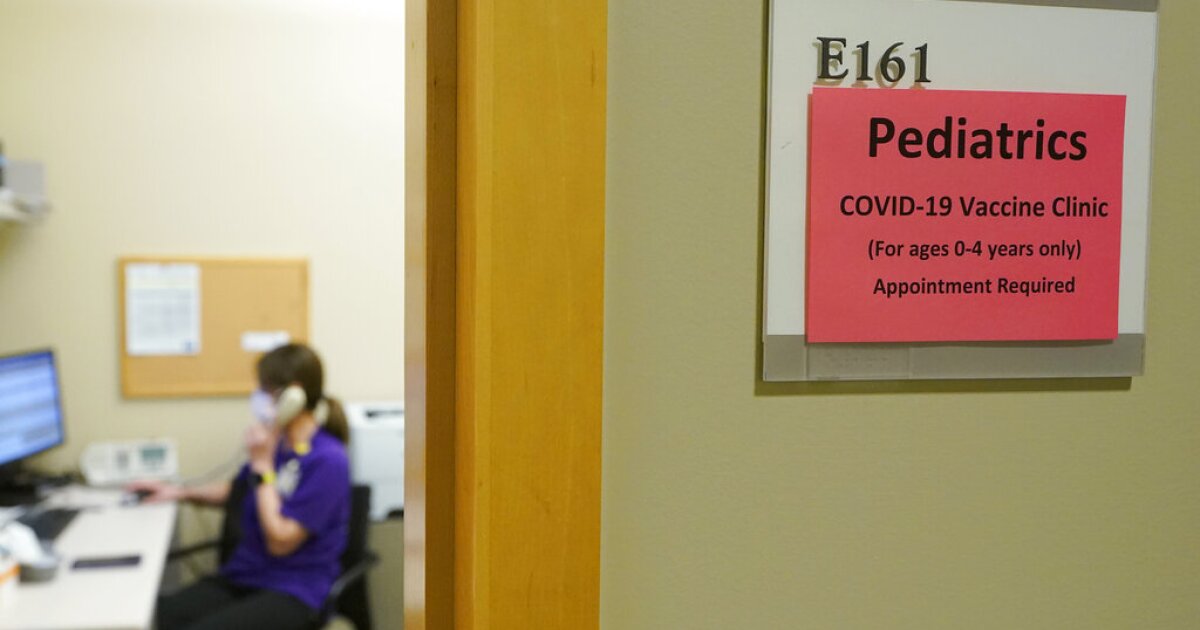

In at least 25 states, 80% or more of children between the ages of 6 months and 17 years have evidence of a previous COVID-19 infection, new data from the Centers for Disease Control and Prevention show.
The vast majority of minors in Alabama, Arkansas, Florida, Georgia, New York, Montana, and other states have the presence of COVID-19 antibodies showing a past infection or resolving infection, according to the latest pediatric antibody seroprevalence survey by the CDC.
The data indicate that the vast majority of children in the U.S. have had or been exposed to COVID-19 as they prepare to return to school for the fall, suggesting a large measure of protection against illness.
PFIZER AND BIONTECH ASK FDA TO AUTHORIZE OMICRON-SPECIFIC COVID-19 BOOSTER
The seroprevalence survey, most recently updated last Monday, estimates the number of people with antibodies against the COVID-19 virus in their blood.
In Alabama, over 86% of minors are estimated to have the antibodies. The other states with a seroprevalence of 80% or more are: Arizona, Iowa, Idaho, Indiana, Kansas, Kentucky, Louisiana, Michigan, Minnesota, Missouri, Mississippi, Nebraska, Ohio, Oklahoma, South Carolina, Tennessee, Texas, Utah, and Wisconsin. The study did not provide estimates for North Dakota, South Dakota, and Wyoming. Nationwide, 79% of under-18s have evidence of a prior infection.
The study does not measure antibodies produced from a vaccination, so it is not reflective of vaccination rates and doesn’t estimate the amount of people who have enough antibodies to protect them from a reinfection, the CDC noted.
CLICK HERE TO READ MORE FROM THE WASHINGTON EXAMINER
About a third of children 6 months through 17 years have received two COVID-19 vaccine doses.
Widespread population immunity in the U.S. after over two years of high community transmission appears to have spared the U.S. from more recent outbreaks, such as the one China experienced in April. Positive cases of COVID-19 have been decreasing across the U.S. overall this month.







